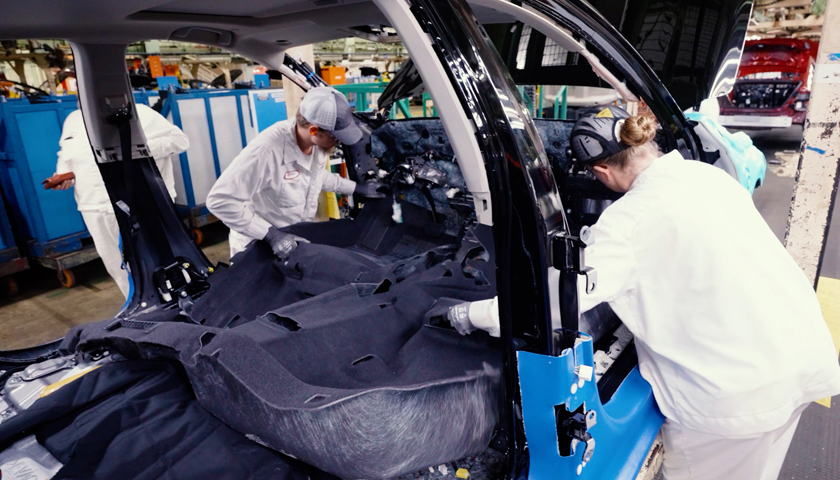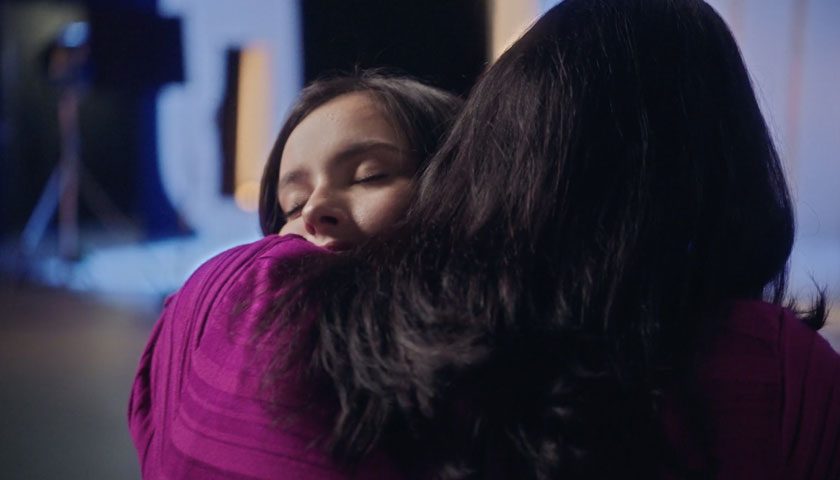Cintas Corporation recently collaborated with Honda to help give new life to end-of-life rental uniforms worn by Honda associates at their U.S. manufacturing and research and development facilities.
The end-of-life uniforms were turned into special shredded fibers that were used in sound-absorbing insulation in Honda and Acura automobiles.
Cintas’ involvement in Honda’s program reinforced the company’s ambition to identify new ways to extend the usable life of its products and create circular economies when possible.
“Partnering with Honda on a program like this exemplifies our goal of leading A Shared Drive for Better,” said Christy Nageleisen, Vice President of Environment, Social & Governance (ESG) at Cintas. “We were excited to help find new uses for our end-of-life workwear products.”
Working with customers and business partners is a key part of Cintas’ innovation efforts. Collaborative efforts like the project with Honda leverage both extended resources and industry expertise that can identify new solutions and opportunities for products and services – especially when they’ve reached end-of-life.
“This project was a unique way to take advantage of a process we already have in place: shredding fibers from end-of-life products for use in new ways,” said Bryan Colpo, Cintas Director of Merchandising. “We were presented with this opportunity with Honda and were able to create fiber that met their needs. It created a great way for Cintas to add value to this important relationship.”
Cintas’ culture of positive discontent, coupled with the joint capabilities of Honda, helped the project come to life.
“It takes collaboration and curiosity for these types of opportunities to materialize,” Nageleisen said. “We’re always looking for new opportunities to partner with customers on sustainability initiatives. Combining our different perspectives helps us identify innovative new solutions.”
How Does it Work?
Cintas uniforms worn by Honda associates at its Alabama and North Carolina facilities were evaluated after the laundering process.
Recyclable end-of-life garments were then sent to a vendor to make shoddy, a textile created by shredding existing fabrics and re-spinning them into a new textile, usually containing multiple colors.
Once the shoddy was created, it was sent to one of Honda’s vendors to be made into insulation, which was then installed during the production of new Honda and Acura vehicles.
Cintas’ “Reduce, Reuse, Recycle, Repurpose” Mindset
While this program was unique to Honda, Cintas anticipates its efforts to partner with customers and suppliers to identify new uses for end-of-life products will continue. Its market presence and company footprint across North America, coupled with its heritage incorporating a “Reduce, Reuse, Recycle, Repurpose” approach to its business, affords Cintas a tremendous opportunity to identify and create more circular economies for the products it sells.
“We’re always looking to explore products’ additional use cases, including repurposing an end-of-life product,” Colpo said.
More information about the company’s sustainability efforts is available in the company’s 2022 ESG Report.



